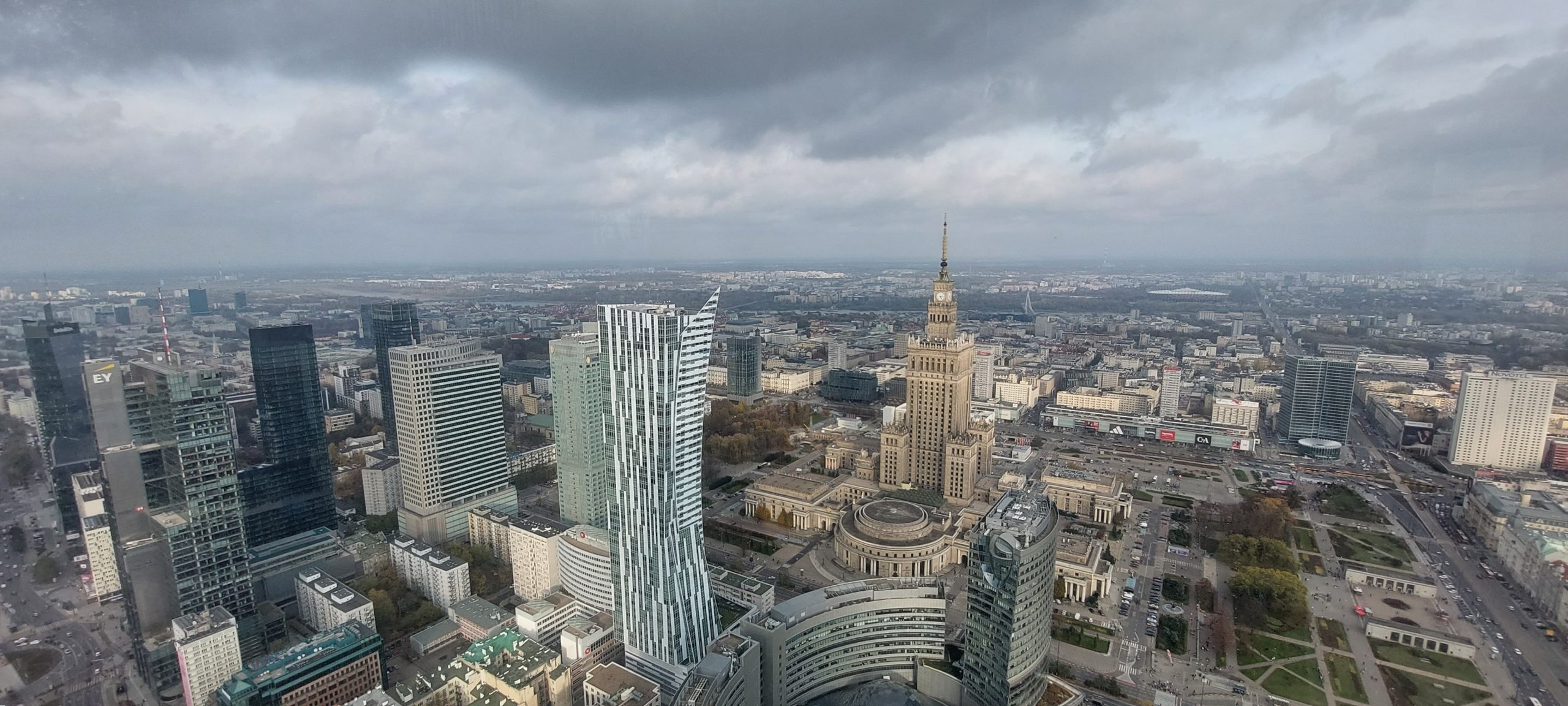Why did we take up the subject of residential multilocality?
The subject matter undertaken stems from the observation of changes that are taking place in the spatial behaviour of the population and the ways in which they live.
These have their origin in changing lifestyles and ways of working, accompanied by the development of telecommunications technology and faster means of transport, but are also closely linked to a reduction in the amount of affordable housing, the rising cost of urban living or a spatially concentrated labour market. Today, our spatial behaviour has been further modified by the Covid-19 pandemic and the increased opportunities for remote working.
What would we like to explore in the project?
The first aim of the project is to assess the advancement of the phenomenon of multilocality and the socio-spatial effects associated with multilocal living practices.
The second aim is to identify how the issue of multi-local living is perceived by local authorities and experts.
The aim of the methodological nature is to evaluate empirical research methods and propose the most appropriate approach for Polish research.
The practical aim is to identify what tools are available to municipalities to respond to the phenomenon of multilocality (what are the opportunities and barriers).
How are we going to achieve our goals?
The proposed project involves an exploratory approach and openness to successively acquired data.
In order to achieve the set goals, the information obtained in two ways is analyzed:
1. from multi-local inhabitants (based on surveys (CAWI, n=996) and geobiographical interviews (n=23));
2. from municipalities of the Mazowieckie Voivodeship (surveys (n=33) and interviews with experts).
Additional data based on official statistics, spatial data are collected. We analyse official documents in terms of barriers and opportunities for local authorities to capture multilocality.
We examine the potential of using geolocalisation data or participatory information sharing platforms and other tools used to explore multilocal practices in Western Europe.
The proposed research assumes a triangulation of methods (using both quantitative and qualitative approaches).
What are the expected effects of the project?
The project primarily produces effects in the cognitive dimension. It allows for:
1. a deeper understanding of the types and spatial patterns of multilocal resident behaviour that take into account changes over time and the interrelationships between places of residence;
2. to understand the socio-spatial effects of multilocality and the factors contributing to or limiting multilocality.
In addition, we will gain an understanding of how local authorities are responding to this phenomenon and whether there are tools that allow municipalities to respond to the challenge of temporary residence of residents.
The project is expected to lead to the proposal of initial sustainable solutions, dynamically adapting to changing demands for services over time.
Research carried out as part of the Sonata-17 project funded by the National Science Centre
(UMO-2021/43/D/HS4/00153) from 2022 to 2025

